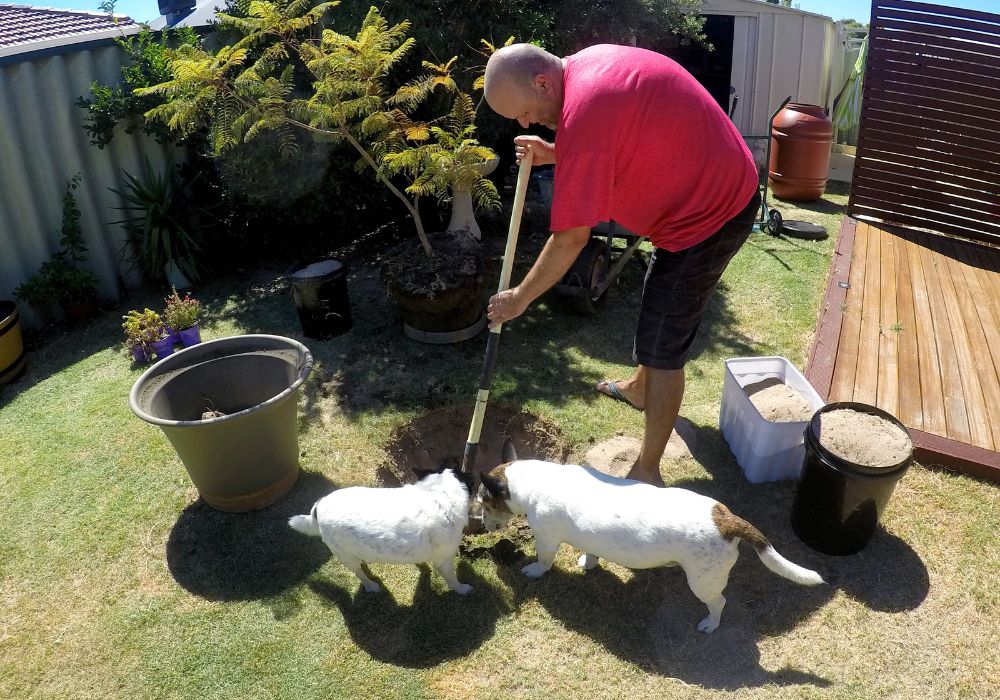Trees are good for the health of people and the earth. They also provide beautiful landscaping and can bring shade in the warm months, so it’s very natural to want to include trees in our yards.
However, there are important things to consider when you’re trying to determine what kind of tree is right for your yard. How the tree will grow, how it will interact with other elements in your yard, and how its roots or branches will impact your home are all important things to consider. Here are a few things to keep in mind when going tree-shopping.
The tree you get from a nursery will not be the same tree occupying your yard in 5, 10, or even 50 years. When picking out a tree, determine how big the tree usually gets when it reaches maturity. Large trees should be planted further away from a home, at least 20 feet, while smaller trees can be planted closer.
Consider how much shade you’re hoping the tree will provide. For instance, do you just want shade in the backyard, or do you want it on half of the house? If you’re looking for a tree that can significantly block the sun’s direct rays on your home, you will want to plant the tree in a location where it can block the sun during the hottest months of July and August and during the hottest times of day in the late afternoon. But you will also want to make sure that the tree is not blocking where the sun may be falling in the coldest months. That way, your home can still receive warmth during the winter, at least partially reducing your energy use for heating. If you can’t plant a large tree, consider multiple smaller or medium-sized trees. The University of Missouri has a comprehensive guide on placing trees to best shade a house.
When planting a tree, make sure it will not grow into any power lines. Also be mindful of septic systems, water lines, or pavement that could be damaged from tree roots. You will also want to make sure that your tree’s needs are best suited to your yard, such as matching the type of tree with how good your drainage is, understanding whether there’s enough sunlight for that species, and being aware of how nearby walls or fences might radiate heat onto the tree. Also consider how common wildfires are in your area, as trees or brush near the home can be more detrimental to houses in the case of fires.
If you’re looking to add green to your yard year-round, an evergreen may be a great option for you. But if you’re hoping for fall colors, flowers, or fruit trees, you may want a deciduous tree. Deciduous trees are also nice for providing shade in the summer, but not blocking the sun’s light in the winter. But evergreen trees can also help slow cold winds in the winter from directly hitting the house.
Questions about home insurance? Contact a Sea Mountain Insurance specialist today!
